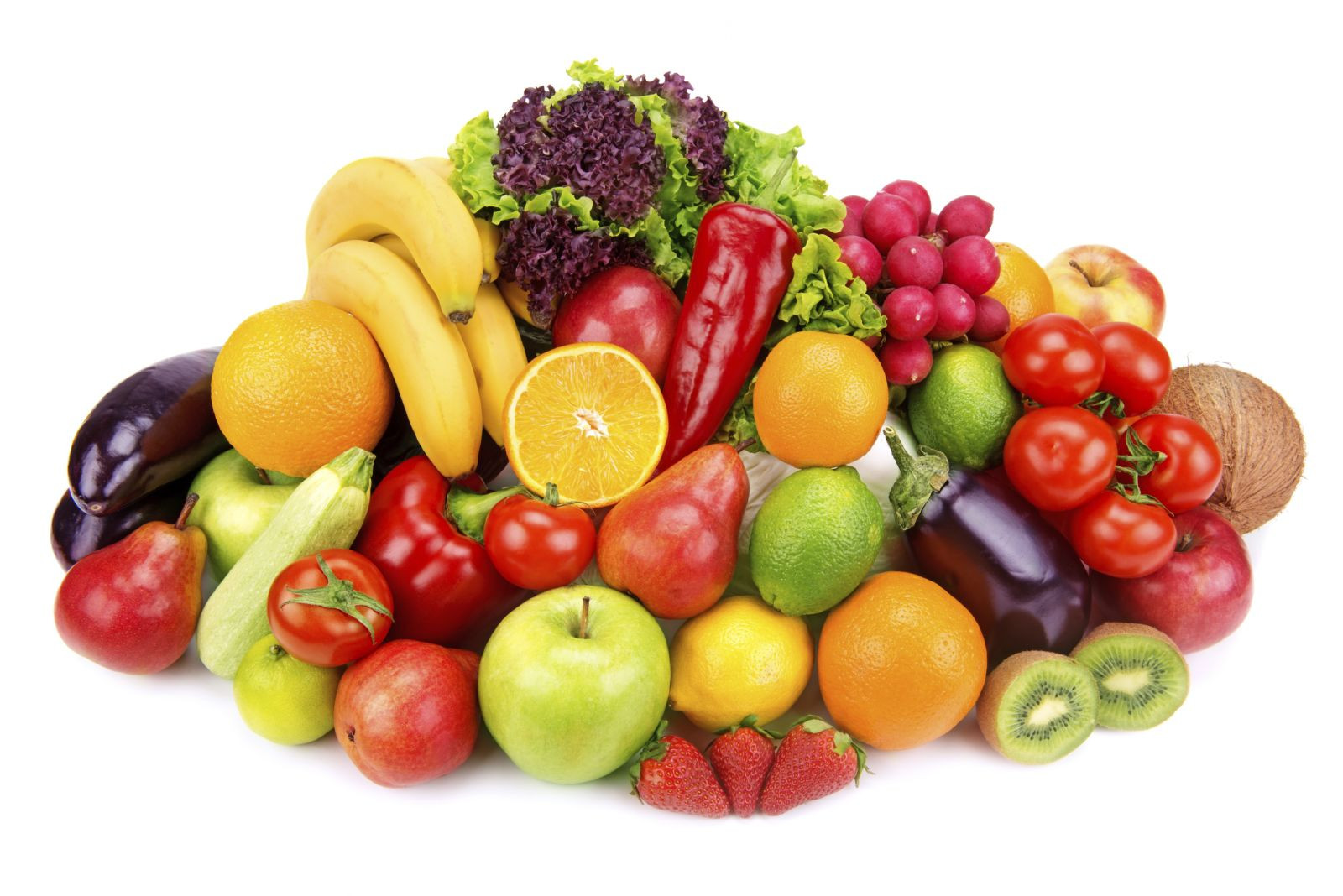Thinking about becoming a pescatarian? What you should know about the pescatarian diet
- Reviewed by Teresa Fung, MS, RD, ScD, Contributor; Editorial Advisory Board Member, Harvard Health Publishing

If you're trying to eat a plant-based diet but finding it hard to rule out meaty foods altogether, a pescatarian diet might be a good option to consider.
"From a practical point of view," says Dr. Frank Hu, a professor of nutrition and epidemiology at the Harvard T.H. Chan School of Public Health, "it's easier for people to follow in the longer term than a strict vegetarian diet."
What is a pescatarian diet?
The term pescatarian (coined by combining pesce (Italian for fish) and vegetarian is a clue: it's a vegetarian diet that also includes seafood. Some 3% of American adults say they are pescatarians, according to a 2020 Economist/YouGov survey.
What you can eat on a pescatarian diet — and what to avoid
The pescatarian diet is primarily a plant-based dietary pattern. This eating pattern is generally understood to mean eating like an ovo-lacto-vegetarian — consuming a variety of vegetables, fruits, grains, legumes, nuts, and seeds, as well as eggs and dairy products — plus fish and shellfish.
Pescatarians don't eat any meat or poultry. The reasons for this choice vary. It may be for religious reasons, concerns about their personal health, animal welfare, wanting to have less of an impact on the environment, or simply personal preferences.
Does the pescatarian diet have health benefits?
One of the main health benefits of being a pescatarian comes from avoiding red meat and processed meat. High intakes of these foods have been linked to higher rates of heart disease, diabetes, and some cancers, as well as a shorter lifespan.
Adding fish to a vegetarian diet can also help fill in any nutrition gaps, says Dr. Hu. Besides being excellent sources of protein and vitamin D, "fish and seafood provide nutrients that may be missing or more challenging to get in a strict vegetarian diet, like vitamin B12, iron, selenium, and zinc."
And by switching from omnivore to pescatarian, you'll likely eat more fiber- and nutrient-rich plant-based foods — healthier for you and the planet, Hu adds. The pescatarian diet nicely complements other healthy eating plans, such as the Mediterranean diet.
A healthy-fat bonus for the heart and brain
Fatty fish like salmon, sardines, herring, and mackerel are great sources of omega-3 fatty acids. These healthy fats that have long been linked to better heart and blood vessel health. (Leaner fish such as cod, sole, and flounder, and shellfish like clams, provide plenty of nutrients but contain less omega-3 fats than fatty fish.) The American Heart Association recommends eating fish at least twice a week, particularly fatty fish.
The omega-3 fatty acids in fish may also have benefits for brain health. Research suggests that people who eat fish at least twice a week may have a lower risk of developing vascular brain diseases, such as stroke, compared with those who eat little or no fish. And recent findings from the long-term Seventh Day Adventist Study reported that while people who followed any kind of vegetarian diet tended to live longer than meat eaters, the longevity boost was even greater for pescatarians — who also had lower risk of developing strokes, dementia, or Parkinson's disease in their later years compared with strict vegetarians. (The Seventh Day Adventist Study counted pescatarians as a type of vegetarian.)
Are there potential drawbacks to a pescatarian diet?
In general, choosing fish over meat or poultry is better for the environment, as it generates fewer greenhouse gas emissions getting to your table. But much depends on how the fish is caught and how the fisheries are managed, with some species dangerously overfished.
Also a concern: nearly all fish contain at least traces of methylmercury, a contaminant that can harm the brain and nervous system. The highest levels are found in longer-lived, larger fish like swordfish, shark, and orange roughy, so the FDA recommends eating them only rarely — and that pregnant and breastfeeding women and young children avoid them altogether.
You can avoid both these issues, says Hu, by thinking small. "Small fish like anchovies and sardines — and shellfish like scallops, oysters, and mussels — have much less of an environmental impact" than big fish, he explains. "They're also very tasty, and have a much lower chance of having mercury and other contaminants."
When you buy fish, look for those produced sustainably — and choose stores that are transparent about where their fish comes from. Monterey Bay Aquarium's Seafood Watch recommendations can help.
Easy, healthy pescatarian meal ideas
Here are some easy ways to add fish to your menu:
- Shake up Taco Tuesday with fish or shrimp tacos.
- Top a salad or pasta with sardines or cooked crabmeat.
- Add scallops or shrimp to your stir-fries.
- Make salmon burgers with canned salmon.
- Flake leftover cooked fish into an omelet or frittata.
About the Author

Joyce Hendley, Health Writer
About the Reviewer

Teresa Fung, MS, RD, ScD, Contributor; Editorial Advisory Board Member, Harvard Health Publishing
Disclaimer:
As a service to our readers, Harvard Health Publishing provides access to our library of archived content. Please note the date of last review or update on all articles.
No content on this site, regardless of date, should ever be used as a substitute for direct medical advice from your doctor or other qualified clinician.















